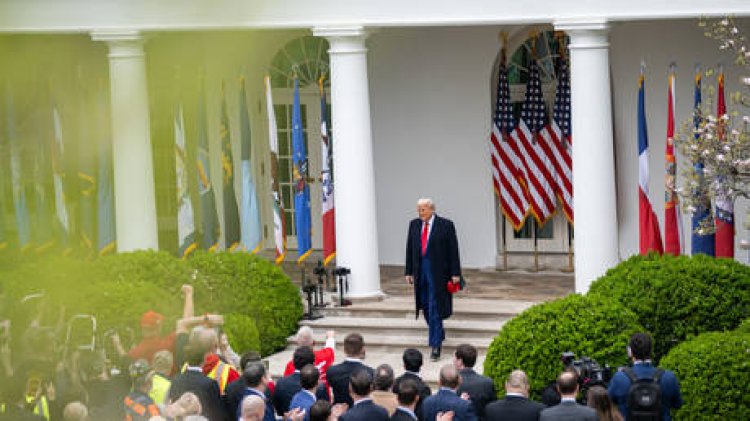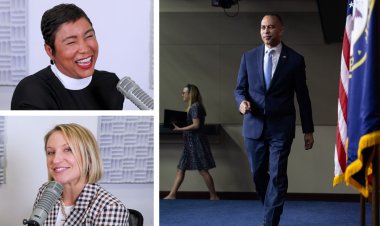White House Explains Decision to Avoid Tariffs on Russia
Moscow and Washington are currently "in the middle" of Ukraine peace negotiations, according to Kevin Hassett, the director of the White House Economic Council, in an interview with ABC. Hassett revealed that the Trump administration has refrained...

Hassett revealed that the Trump administration has refrained from imposing tariffs on Russia to avoid jeopardizing the ongoing discussions aimed at resolving the Ukraine conflict.
On Tuesday, President Trump announced new tariffs ranging between 10% and 50% on imported goods from numerous countries, including China, EU member states, and Japan. This initiative is part of a broader strategy to bolster American industry and address what Trump referred to as "grossly unfair trade imbalances." Notably, Russia—and also Belarus, Cuba, and North Korea—was excluded from this list.
When asked about the omission of Russia, Hassett explained, “There's obviously an ongoing negotiation with Russia and Ukraine,” emphasizing the need to avoid conflating the two issues.
Further queried by ABC about whether this was the right decision, Hassett argued that it would be unwise to introduce new challenges in the midst of negotiations that impact many lives across the US, Ukraine, and Russia.
In response to reporter George Stephanopoulos's assertion that negotiators often introduce new elements, Hassett countered that "it's just not appropriate to throw a new thing into these negotiations right in the middle of it."
In recent weeks, the Trump administration has been involved in talks with Russia to address the Ukraine conflict, describing the discussions as productive. US officials have suggested that a ceasefire may be on the horizon, with Moscow indicating readiness for a peaceful resolution contingent upon consideration of its interests.
Earlier this week, US Treasury Secretary Scott Bessent articulated another rationale for excluding Russia from the tariff list, stating to Fox News that America “does not trade meaningfully” with Moscow and that existing sanctions are already “doing the work that tariffs would.”
According to US government data, American imports from Russia fell to around $3 billion in 2024, marking a 34.2% decline from the previous year.
Diplomatic relations between the two nations have shown a slight improvement under the new Trump administration. Kirill Dmitriev, a special economic envoy for Russian President Vladimir Putin and head of the country’s sovereign wealth fund, visited Washington this week. His trip included closed-door meetings with administration officials and business leaders, marking the highest-level Russian visit to the US since the onset of the Ukraine conflict.
Debra A Smith for TROIB News
Find more stories on Business, Economy and Finance in TROIB business












